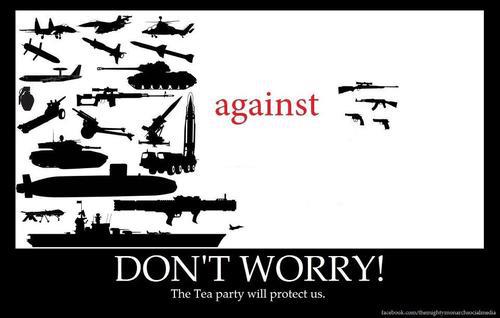[TW: Description of Suicide Attempt]
The summer I was 15, I was at a camp where we lived in sailboats for a few weeks, learning to sail. Midway through camp, all the adults and counselors were at a meeting elsewhere, on a different boat, some 10 minutes away, leaving the teenagers alone on their own boats. Most of us on my boat were on deck enjoying the sun, but my roommate was not — worried at her absence, I went to check on her.
She had cut her wrists direct across, there were pills bottles and pills everywhere, and she wasn’t moving. She looked like me — she was pale with blonde hair. My brain felt pinned down by the sight of her. She didn’t move until I touched her and she started crying, saying she was so sorry over and over again, and something like it shouldn’t have been me that found her. I talked to her, tried to see how deep her cuts were and how many pills she’d taken. I cleaned it up, I turned her wrists over.
I stayed with her for a moment and then called and asked for help, shielding her from view. I felt absolutely dazed. I knew she shouldn’t be alone and I knew we needed someone who could get her help and I was pretty sure she wasn’t going to die immediately, but I didn’t know how to execute that. Which is approximately what I said to everyone. The eldest guy said, “Well we need to get on the radio, what are you fucking stupid!” And I said, “I don’t know where to radio to.” He pushed past me and messed with the radio until it reached adults.
The push is the thing that broke my daze and I cried for two or three hours. Cried quietly while staying with her until help arrived, cried explaining how I’d found her, and cried loudly and uncontrollably when she was gone. I couldn’t eliminate the image of the blood on her arms from my head, on this apparent corpse that looked eerily like me somehow more in death than in life. And then I stopped crying, I couldn’t cry anymore. The images were still there and wouldn’t go away, but my ability to feel had gone.
She went to the hospital, had her stomach pumped and her wounds bandaged, and was taken home by her parents.
The entire camp watched Dead Poet’s Society, which has Robin Williams and is partially about suicide, that night, and I didn’t want to because I knew the subject matter and that it made me cry and I couldn’t imagine what it would do to me in that state. They made me though, suggesting it would distract me. It didn’t make me cry, though, it didn’t make me feel anything. Nothing felt real. I just did what I was told. I didn’t even get bored.
My camp counselor suggested that I was probably in shock, that he definitely was, and that it would pass and that they couldn’t really do anything for me but talk if I wanted to. Others told me it wasn’t a big deal and she hadn’t died, so I shouldn’t be worried about it. Anyway, she’d been threatening to hurt herself so she could go home, so how was it a surprise. It was just a cry for attention. There was no comfort, no one there who could comfort me, no one I knew.
I recovered from the acute stress reaction in about a week, and it was awful. Not feeling anything had been so superior with dealing with my anger and shame and fear, for being so “fucking stupid” and being rattled by something that “didn’t matter.” It was the first of what would be many difficult mental health experiences in my life. It is also where my mind would dwell when I started cutting myself when I was in college, it’s where my mind would dwell when I became suicidal myself a few years after seeing it — on walking into a room and seeing what I thought was a bloody corpse, there by self-inflicted injuries, bright red on white skin.
This is part of what people mean when they call suicide selfish. It doesn’t go away for other people either.





